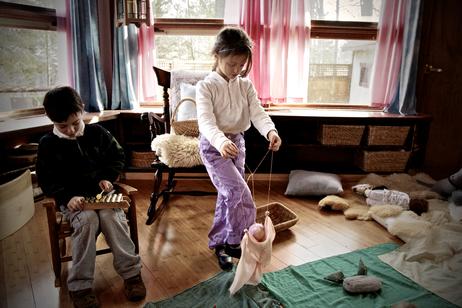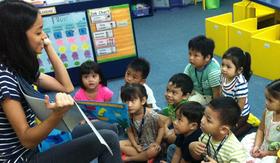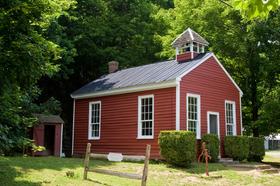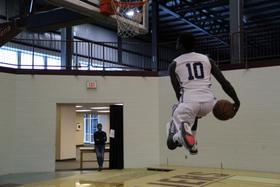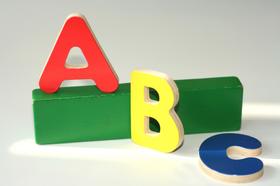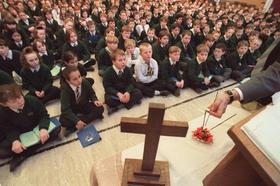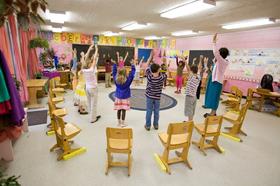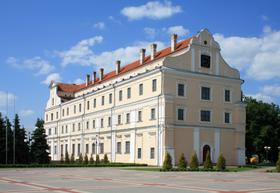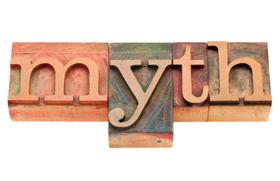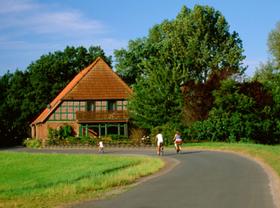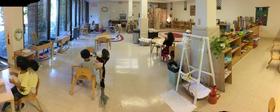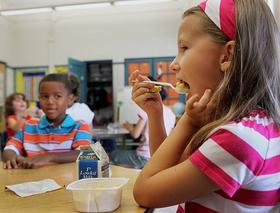Why would anybody want to teach girls in a single sex setting? Aren't girls' schools quaint and out of touch? Aren't girls more likely to succeed in a coeducational setting? Are there advantages to educating girls in a single sex setting?
The answers to these and similar questions are varied, contradictory and subjective. Furthermore, the amount of research into girls' education is fairly limited. With those caveats in place let's explore some sources and resources for those special corners of the education world which are girls' schools.
Organizations which promote girls' schools
A good starting point for our exploration of girls' schools is the National coalition of Girls' Schools. Just like the International Boys' Schools Coalition is one of the major umbrella organizations for boys' schools, so the National Coalition of Girls' Schools is one of the major umbrella organizations for girls' schools around the globe.
The NCGS champions girls' schools. And it champions them better and more vigorously than any other organization I know. The NCGS encourages research on the education of girls. It offers an Advanced Professional Certificate in Girls’ Education. "This unique blended learning program, which includes a separate track for STEM and for humanities faculty, helps teachers gain the expertise needed to forge a contemporary approach to teaching girls. It is intended for girls’ school educators who have distinguished themselves in classroom teaching and learning and wish to both learn from experts in the girls’ school community and connect



